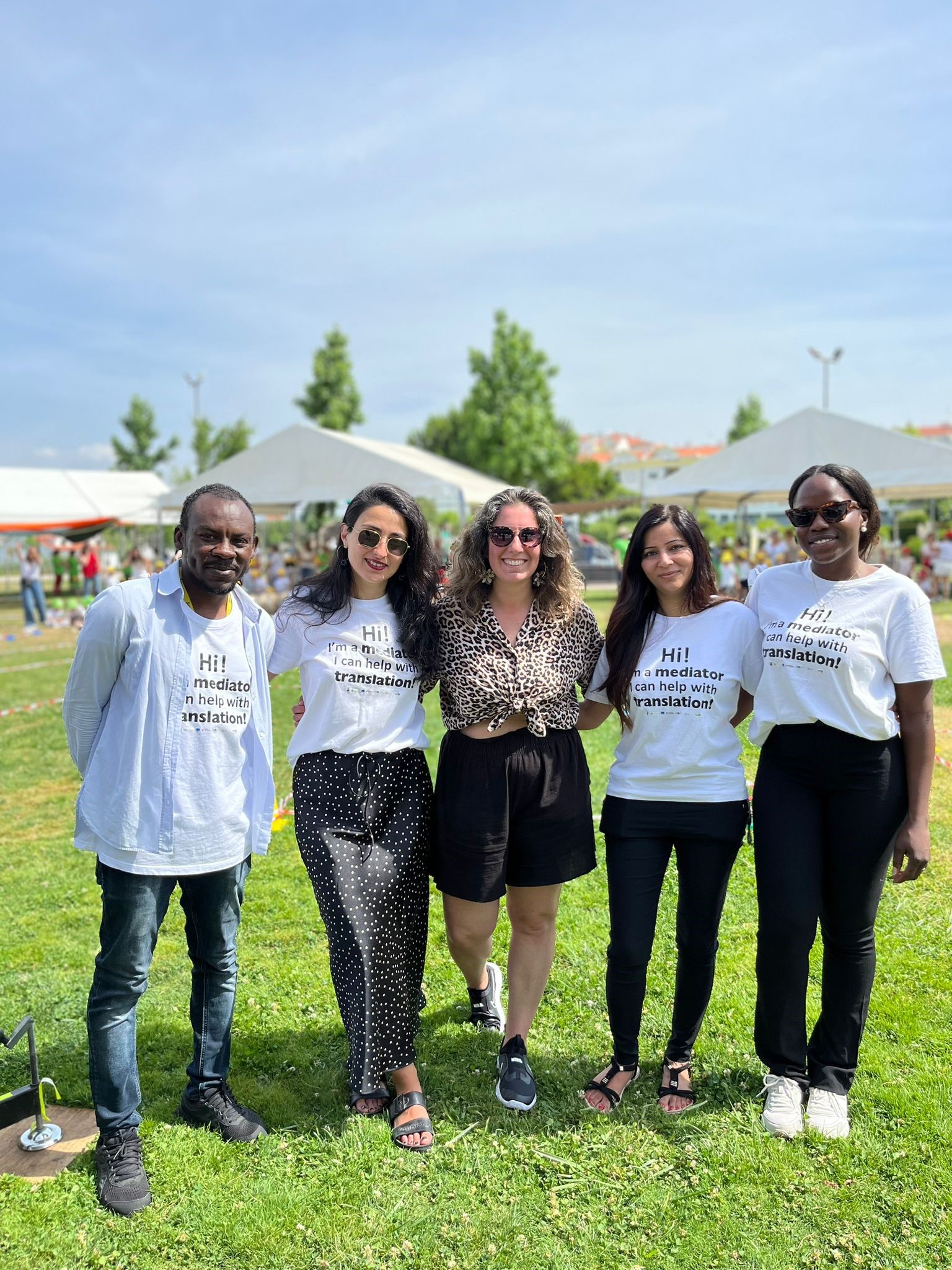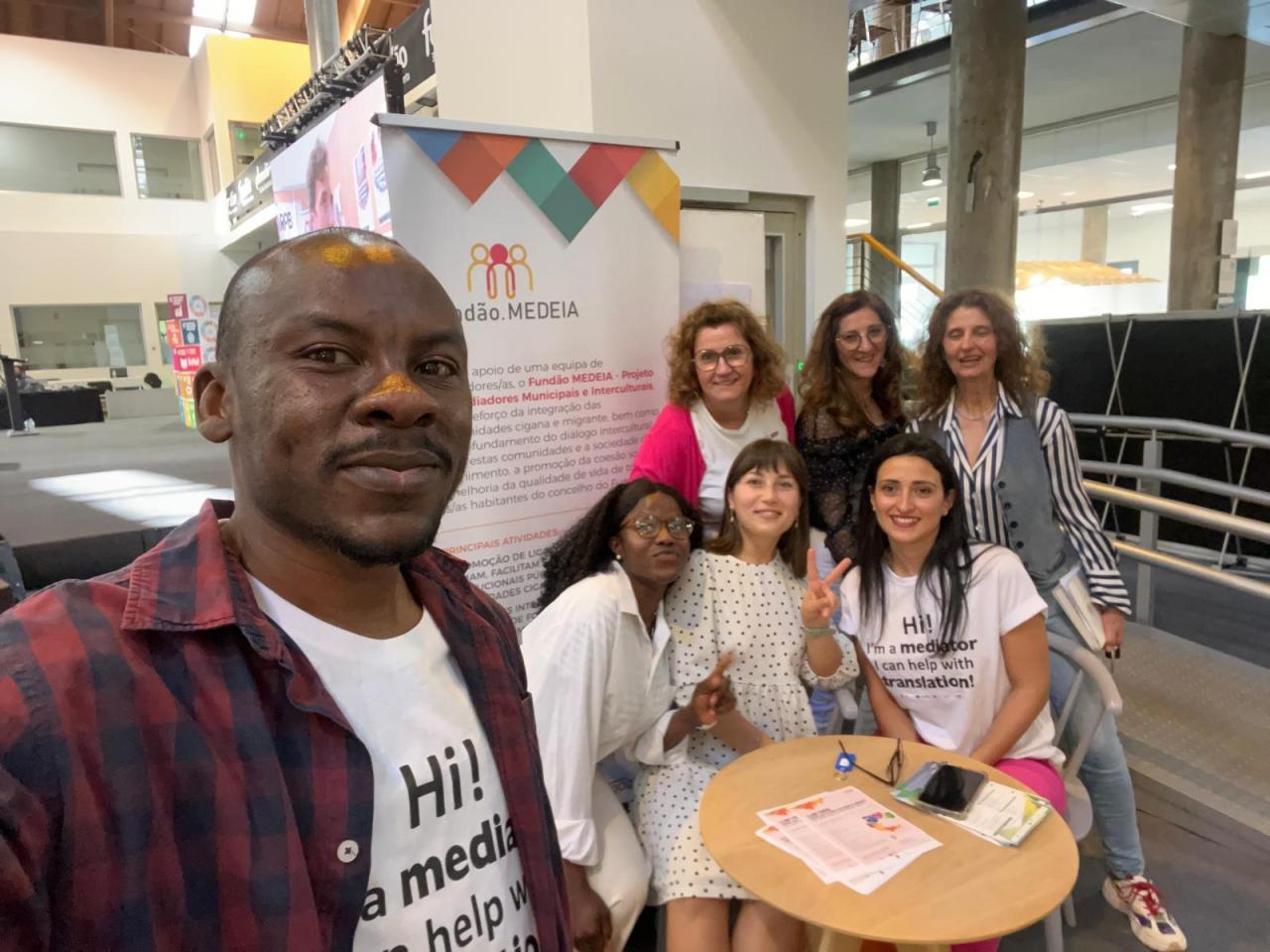The Struggles and Departure of Yahya
From childhood, Yahya and his family endured systemic discrimination in their own country. Ethnic diversity in Sudan is a source of historical political tension and stigmatization for certain minorities. Yahya encountered this systemic racism both at school and at work, where he suffered moral and physical abuse.
Faced with such unbearable conditions, Yahya decided to leave his country after completing his studies in public relations and advertising. He went to Egypt, a neighbouring country, hoping to find refuge there. Upon arrival, he started working in factories under extremely difficult conditions and applied for asylum with the United Nations High Commissioner for Refugees (UNHCR). Despite his efforts over two and a half years, he was unable to obtain legal status.
Disheartened by the lack of progress in Egypt, Yahya heard that asylum applications in Libya were processed more efficiently. Rumors among refugees suggested that Libyan authorities were more willing to grant protection status. Encouraged by stories of others who found refuge there, he hoped to regularize his situation and rebuild his life in Tripoli in September 2017.
A Harrowing Journey to Safety
Yahya’s decision to travel to Libya had severe consequences, as it was an expensive journey orchestrated by unreliable traffickers. Upon arriving at the border near Tripoli, in the town of Bani Walid, Yahya and other migrants were handed over to bandits who took them hostage, asking for a ransom of $5,500. Yahya describes this period as one of the darkest of his life. Although he didn’t have the amount requested, he remained hopeful, convinced that the situation would eventually improve.
He spent six harrowing months in captivity, enduring physical and verbal abuse and surviving on meagre food rations. The traffickers constantly pressured his family and friends for the ransom, threatening to kill him or sell him to more violent criminals if the money wasn’t paid. The conditions of detention were so inhumane that eight of his fellow captives lost their lives during this time.
Finally, with the help of a contact in Libya, Yahya managed to gather the ransom money and was freed from this nightmare in March 2018.
From Refugee to Mediator: Yahya’s Contribution in Fundão
After his release, Yahya remained in Libya and worked there until 2019, the year the civil war broke out in Tripoli because of ongoing conflict and instability due to a power struggle between rival factions. At that time, some of his friends were preparing to leave for Italy. Initially hesitant, Yahya eventually entrusted his savings to a friend in Libya for safekeeping in case of another kidnapping. On August 26, 2019, he joined 103 other migrants on a boat bound for Europe. The small and overcrowded boat encountered difficulties after 12 hours at sea, with its propeller failing and cracks forming in the hull. The passengers drifted aimlessly, consumed by hunger, exhaustion, and panic.
Just when hope seemed lost, a German ship rescued the migrants, providing them with food and shelter for more than eight days as no European country was willing to take them in. Finally, they arrived in Sicily on September 2, 2019.
A New Chapter in Fundão
Following their rescue, the migrants were looked after for a month, during which they underwent interviews before being resettled in various European countries. Yahya was sent to Fundão, Portugal, by the Italian Red Cross camp on December 13, 2019. He initially worked as an electrician for two months before securing a position as a translator in a European program that assists unaccompanied minors with administrative formalities, a role he held for a year and a half.
Inspired by his first-hand experience of the challenges migrants face, Yahya was determined to continue helping others. He soon joined the team of mediators at the Migration Centre of Fundão an institution renowned for its progressive and empowering approach to refugee integration.
After his initial experience assisting migrants, Yahya was determined to continue helping others in similar situations. Having gone through similar struggles himself, he understood the profound need for assistance and guidance that many migrants experience. This motivated him to join the team of mediators at the Migration Centre of Fundão an institution renowned for its progressive and empowering approach to refugee integration. The centre provides new arrivals with psychological and administrative support, gradually guiding them toward independent living.
The centre operates with a team of mediators, including Yahya, who serve as essential intermediaries between migrants and local authorities. There are eight mediators in total, each assigned to support a specific community. Yahya, for instance, assists Arabic-speaking refugees and English-speaking Africans, ensuring that each group has a dedicated point of contact when needed. His role as a mediator involves offering translation services, administrative support, and personalized assistance. This involves supporting migrants in workplace situations to guarantee fair treatment, including verifying the trustworthiness of employers.
The centre’s support goes beyond administrative help. To promote the well-being of the migrant communities, regular meetings are held to acknowledge and prepare for upcoming cultural and religious holidays. These gatherings help foster understanding and acceptance within the local population, facilitating smoother integration and a sense of belonging for the migrants.
To know more about the Migration Centre of Fundão: https://fundaoacolhe.pt/en
Written by Sofiane Youssef



